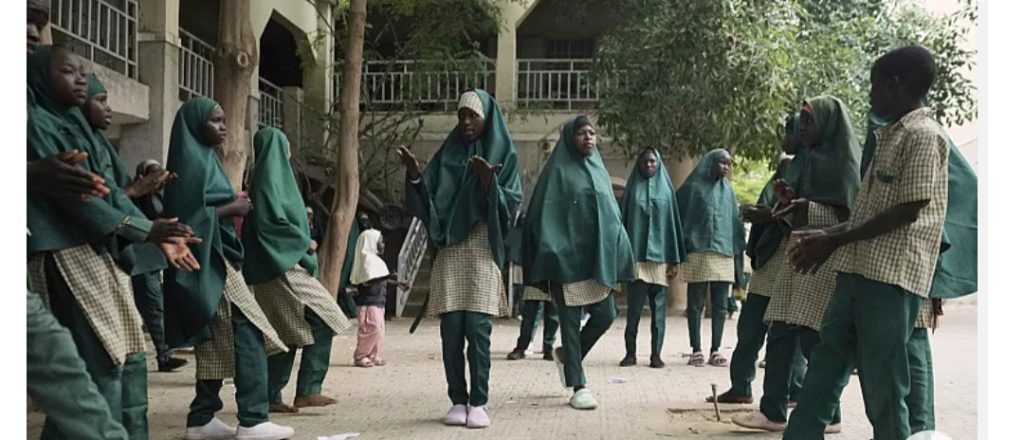
Esther Imonmion
Fourteen-year-old Israel Peter still dreams of becoming an engineer. But eight years after Boko Haram militants drove his family from their village, he has yet to return to school — and now, his chances are slipping away.
A school that once offered him hope recently rejected his application, citing the abrupt loss of U.S. funding following cuts to the U.S. Agency for International Development (USAID).
“I wanted to go to school again,” Israel said softly. “Now, my future will not be great.”
He’s one of hundreds of children turned away by the Future Prowess Islamic Foundation School in northeastern Nigeria, which was forced to drop 700 of its 2,200 students and lay off 20 teachers this year. The school, which provides free education to children affected by the Boko Haram conflict, relied heavily on USAID grants — part of the $1.5 billion disbursed to Nigeria between 2023 and 2024.
Founded in 2007, the school expanded as the insurgency escalated, offering sanctuary to children orphaned, displaced, or even recruited by militants. Its founder, Zannah Mustapha, fears that cuts to funding could push vulnerable youth back toward extremism.
“They don’t have to be recruited,” he warned. “They’ll just go back and start fighting.”
The insurgency, which began in 2009, has killed over 35,000 people and displaced 2.6 million across Nigeria and neighboring countries. Boko Haram’s violent campaign against Western education made global headlines with its mass kidnappings of schoolchildren.
Despite having the world’s highest number of out-of-school children — over 10 million — Nigeria allocates just 4% to 7% of its federal budget to education, well below the global benchmark of 15% to 20%. In states like Borno, school fees ranging from $3 to $10 remain out of reach for many families.
Some students, like Ramatu Usman, were forced to leave just before taking final exams. Her mother, Hajara Musa, now sells handmade caps to try to fund her daughter’s return. “A quality school is everything here,” she said. “Those who don’t go to school — their lives are miserable.”
As foreign donors scale back, experts warn that neglecting education in conflict zones risks long-term instability.
“This vacuum will be exploited,” said Malik Samuel, a Nigerian security analyst. “Extremist groups thrive where there’s no alternative.”
For a few, education has been a lifeline. Yusuf Mustapha, whose parents were killed by Boko Haram, graduated from the Future Prowess school and is now in university.
“If I didn’t go there, I don’t know how I would have survived,” he said.
Now, the question is whether the next generation will get the same chance.
